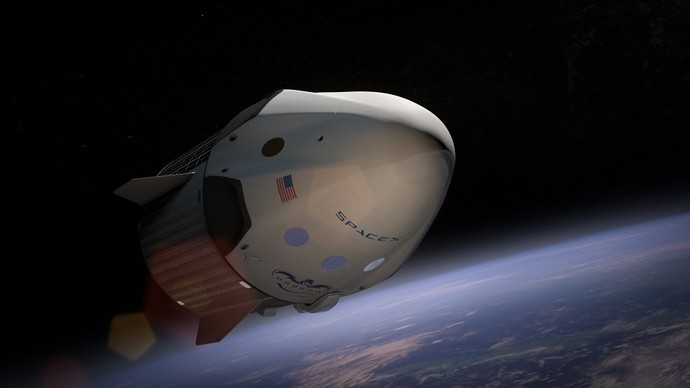Last January, SpaceX’s CEO Elon Musk announced plans to put more than 4,000 satellites in orbit in order to blanket the Earth with internet access.
In November, the company took the plans forward by requesting permission from the US government to operate a massive network of over 4,400 satellites to provide high-speed, global internet coverage. The proposal describes an initial launch of 800 satellites to create an orbiting digital communications array to cover the United States initially.
The full project, which is expected to launch in 2017 and be expanded by 2020, would create a constellation of SpaceX satellites and provide a space-based alternatives to traditional internet networks based on a cable grid, or shorter-distance radio signals.
The final aim of the project is a low-cost, high-performance internet system that passes over virtually all parts of the Earth’s surface, providing a ubiquitous global service that offers the same performance worldwide.
Is this the future of the internet?

Currently, only the US, Europe, and a few parts of India and Asia have strong and reliable internet service. Most of the rest of the world has limited access or, in remote regions, none at all.
This may change in a decade, when initiatives like SpaceX’s will make access ubiquitous, offering the same service quality globally.
The UK is currently benefiting from having a leg up in terms of internet infrastructure, but is slowly falling behind, with 7 non-EU countries already ahead for average coverage over only 4Mbps (2015 data).
Though the UK has recently reached 90% access to superfast coverage (over 24Mbps), the number doesn’t reflect actual adoption rates, and the full fibre network is still only available to a minority of businesses and homes.
When it comes to average connection speed, the UK ranks 15th in the world, in spite of being the 5th largest economy.
The government has recently announced plans to invest over £1b over the next 5 years to extend the full-fibre network and support trials of 5G mobile communication.
This is an important commitment, but the scale may be wrong: the UK digital economy is worth £180b per year, and to create a world-leading infrastructure, time is of the essence.
Here at Telcom, we are committed to embracing the latest technology in order to provide ultrafast, reliable internet at more affordable prices. By using hybrid fibre-to-wireless technology, we can avoid the hassle of digging up the streets, making fibre-speed more accessible and quicker to install.
We will continue to adopt new technologies that support us in developing high speed connection, and are looking forward to witness the impact of the future investment in digital infrastructure.
To receive updates, don’t forget to follow us on Twitter.
